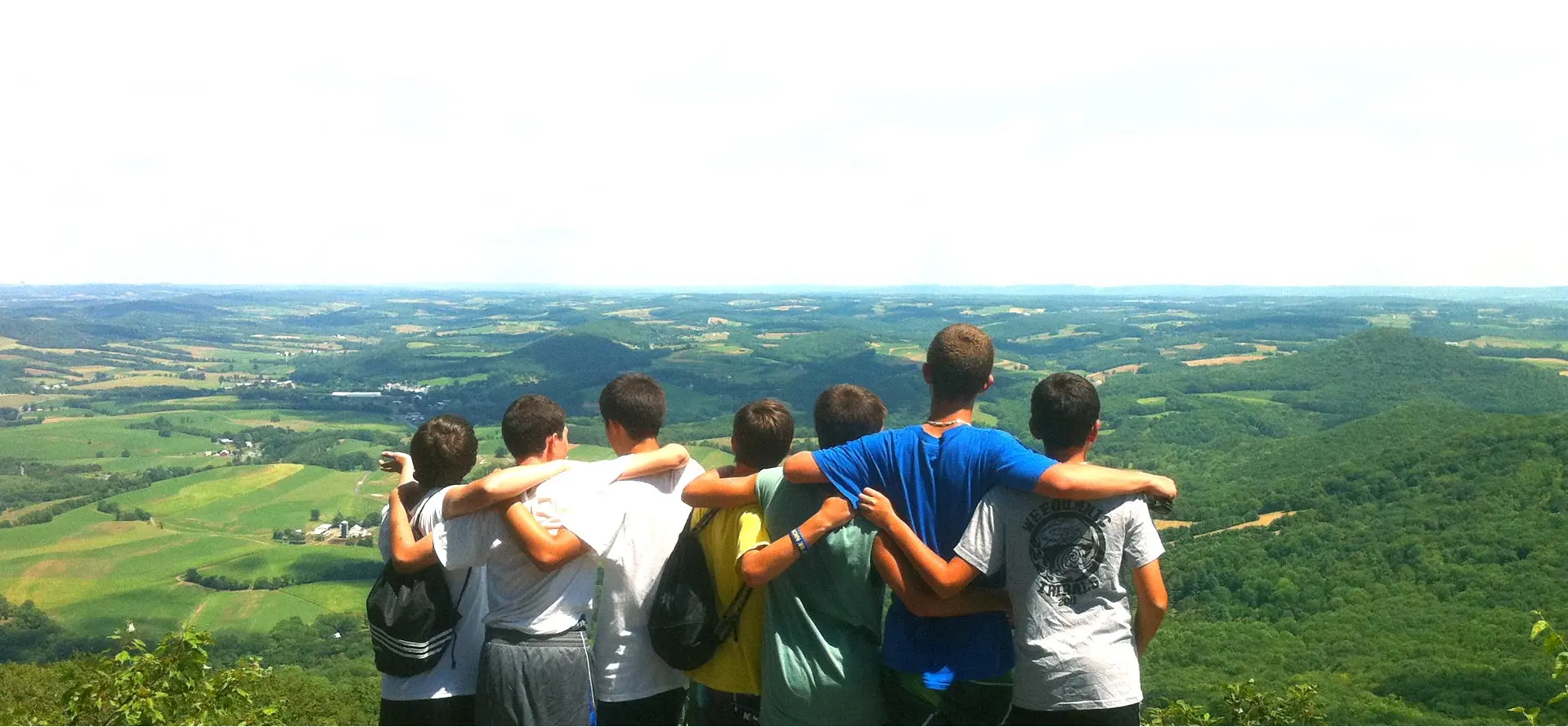There is a very long, very old poem that I challenged myself to read two summers. (Yes, I read every night before going to bed, just like a lot of you campers!) It took me all summer and I’m happy I read it. While challenging to understand at times, it’s really stayed with me.
The poem is about angels, demons and humans – so lots of interesting things happen. In a recent article I read, a teacher suggests one of the main conflicts is about the struggle we humans have between two ways of life in the poem: the city and the garden.
The City Mentality
There have been lots of great references about cities in rhetoric. One of my recent favorites is the comparison our country as a shining city on a hill that protects freedoms. The author of the poem, however, takes a different view of his city.
Rather than shining, the poem’s city is dark and full of people who only think of themselves. They build technology and the city in a way that promotes only self-love and no consideration for anything ‘beneath them’ or anything that could be better.
It’s a pretty dark, selfish and separating way to live. In fact, in another person’s imagination, this same city is one in which everyone’s house gets further away from the others when there is a perceived slight… and there are lots of those when you only think about yourself.
The Garden Way
In contrast, the garden of the poem has people and animals and plants and earth. There is fun and connection. There is work – a lot of it, in fact. But the work that leads the inhabitants to think of others more (the plants and animals).
Their daily completed work creates that which sustains life and connection. Because there are few distractions which promote thinking more of themselves, gratitude has space to bloom like the flowers of their garden, full and diverse in beauty. And it does bloom, daily.
Alas, as we know from most stories, good times don’t always last. (Hey, without conflict, you don’t get a very interesting story!)
In the poem, the leader of the city enters the garden and introduces just enough of his way of doing things to ultimately make a huge change to the people in the garden. The garden inhabitants begin to think more about themselves rather than the other.
Because of this increasing shift, they lose, rather quickly, all the gifts and joys of the garden itself.
Garden Times in the City
So, what are we to learn from this old poem around the digital campfire? To me, the lesson is one of awareness, first, and intentional balance, second.
Living ‘in the city’ that the poem describes is not a happy-ending, fairytale experience. The tech is too powerful and sucks each of us in deeper and deeper into our own selves to the exclusion of others and everything around you. Not a good thing for relationships, connection or culture.
Hmm… what in the world could have that effect on us? Oh, yeah – our screens. The ones in our pockets and the ones we stare at one the wall. I’ve had many a time when I was ‘just checking’ Insta that turned into a disappeared hour or some Youtube rabbit hole swallowed me up for longer.
I know it’s not great for me or my connection everyone else. AND… the tech can be super helpful at times. I believe it’s too useful to throw away. I just need to be better managing it in my life.
Thus, the garden times.
I should create intentional times to put away the screens and be completely and totally with others… or myself. To get my hands literally in the dirt to create and grow something. To walk around trees and grass and lakes to watch, listen and be. To play and run and create using my hands and feet and eyes alongside other people.
Paradise Found
Sounds like camp, doesn’t it? Yes, all this is super easy at Weequahic. No screens, no distractions – just people and creativity and movement and woods and lakes and fun. Our little garden paradise each summer. Those weeks are fleeting, though.
We just have to be better about creating those ‘camp times’ at home. Yes, it’s more challenging to collect your friends to do something like this… but the effort is sooooo worth it!
So, how are you going to create a bit of garden time this week? Can’t wait to see everyone in a few months to enjoy the garden times together!

